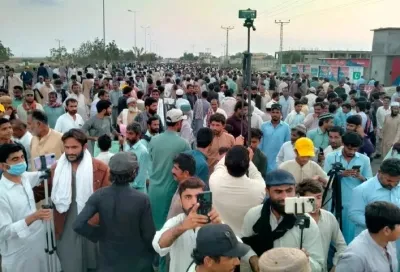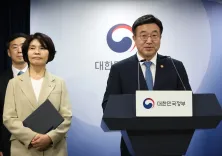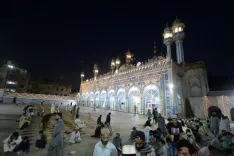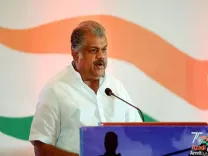Why Are Rights Groups Condemning Internet Shutdowns in Balochistan?

Synopsis
Key Takeaways
- Internet access is a basic human right in Balochistan.
- Shutdowns are often justified by authorities citing security concerns.
- Amnesty International has condemned these actions as violations of rights.
- Local activists are calling for an end to the crackdown on freedoms.
- Internet disruptions severely impact daily life and communication.
Quetta, September 7 (NationPress) Residents of Balochistan have encountered an internet blackout for the third time in just one month, a situation that has drawn sharp rebuke from various rights organizations, labeling the ban as a violation of basic human rights.
The rights organization Amnesty International has condemned this action, asserting that "blanket shutdowns severely restrict the right to information, freedom of expression, movement, and peaceful assembly." An activist from Balochistan emphasized that access to the internet is a fundamental human right and accused the authorities of trying to prevent information from reaching the broader public in Pakistan and beyond.
On September 5, Pakistani authorities announced the halt of 3G and 4G mobile services in Balochistan from 5 p.m. until 9 p.m. on September 6, citing a "law and order situation and existing threat alerts," as reported by The Balochistan Post. The decree claimed that the internet shutdown was necessary due to the ongoing law enforcement issues and upcoming religious events.
Amnesty International criticized the Pakistani government for this action, stating, "PAKISTAN: Authorities have declared another internet shutdown in Balochistan for September 6 (tomorrow) again, citing 'law and order situation and existing threat alerts', following similar shutdowns throughout August. Mobile internet is the primary means of accessing the internet for many residents, and these widespread shutdowns greatly hinder the right to information, freedom of expression, movement, and peaceful assembly. A Balochistan activist has articulated her viewpoint on how frequent internet blackouts serve as a mechanism for quashing protests and free speech in the region."
Yusra, a political activist and organizer from Balochistan, shared her experiences navigating her daily responsibilities without internet access, as stated by Amnesty International. The activist raised concerns regarding the authorities' justification of security for the internet shutdown in Balochistan.
According to her, "These shutdowns have become so routine that we now anticipate them. Even when fellow organizers and I travel to different towns for smaller events or meetings, the internet is frequently disabled as soon as we arrive. They claim it's for security reasons, but whose security? We feel less secure not being able to contact our families or access critical information like others in the nation."
"The underlying motive for these internet shutdowns is to prevent information from disseminating to the rest of Pakistan and the globe. Several months ago, we arranged an online seminar to discuss the human rights conditions in Balochistan, but just two hours before our event, the internet in Quetta (the provincial capital) was turned off. We had to cancel the seminar. In today's interconnected world, our lives are deeply intertwined with the internet. Consider the home-run food business managed by a woman in Quetta—she can no longer take orders or coordinate deliveries. Students who must submit assignments online are unable to meet their deadlines," added the activist.
She recounted how on August 6, Pakistani authorities announced an internet shutdown in Balochistan, again citing security as the rationale for cutting off internet access to over 14 million people. The activist noted, "These shutdowns affect everyday life and disrupt protests and assemblies that are commonplace in the province."
Fifteen days following the August 6 declaration, the Balochistan High Court instructed the government to restore mobile internet services in the region. Despite the court's order, authorities declared yet another mobile internet shutdown just as activists were gearing up for protests to commemorate the International Day of the Victims of Enforced Disappearance on August 30.
The activist expressed, "Going forward, I hope to witness an end to the broader oppression of human rights in Balochistan. Internet access is a fundamental human right, especially in a region like Balochistan which has long been overlooked. If the government intends to disrupt internet access for security reasons, it must first demonstrate that such shutdowns are effective and proportionate, while also ensuring our daily lives are not adversely affected in the process."









